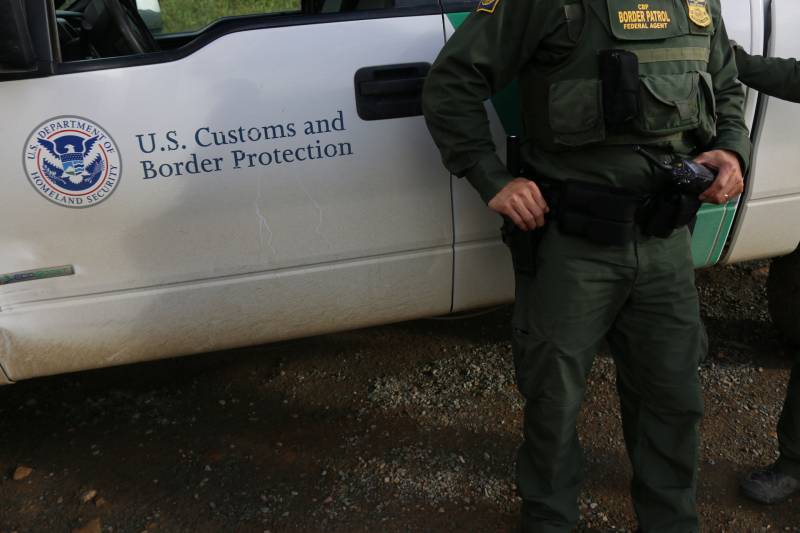"It is likely true that there are fewer, per-capita, arrests in places like San Francisco and Santa Clara County than there are, per-capita, in other cities that are non-sanctuary cities," Hing said. "But it's not because of lack of personnel. It's because the local police are not calling ICE up."
Others are questioning the logic behind the decision.
"Reallocating CBP [Customs and Border Protection] agents for interior enforcement seems to suggest that the claimed crisis at the border cannot be the existential threat the administration has claimed it to be," said Pratheepan Gulasekaram, a law professor at Santa Clara University. "Apparently elite CBP units can be spared for other activities."
San Francisco's sanctuary ordinance, passed in 1989, generally prevents city employees from using funds or resources to assist with federal immigration enforcement, unless required by state law. In 2013, the city passed the "Due Process For All" ordinance, which "limits when City law enforcement officers may give ICE advance notice of a person’s release from local jail" and prevents them from assisting with ICE detainers.
In 2017, then-Gov. Jerry Brown signed similar legislation into law, making California a so-called "sanctuary state."
The Trump administration has been critical of these laws, arguing that they make the country less safe. In 2018, the federal government filed a legal challenge against the policy. And just a few weeks ago, President Trump highlighted sanctuary cities and states during his State of the Union address, calling it an "outrageous law" with "catastrophic results."
In a statement, San Francisco Mayor London Breed said the deployment of CBP agents is "designed to create widespread fear and distrust and will deeply harm our entire community."
Immigrants rights organizations have also criticized the action, calling it "a calculated maneuver to promote fear and intimidate cities and states that are upholding our values of common humanity and equal justice for everyone, including immigrants."
Border patrol agents have additional authority within 100 miles of the U.S. border, which includes the cities of San Francisco and Los Angeles, that allows them to set up vehicle immigration checkpoints. However, agents cannot search a vehicle without a warrant or "probable cause," meaning a reasonable suspicion that a crime has occurred.
Federal officials would not confirm where exactly CBP agents would be sent, or how many.

